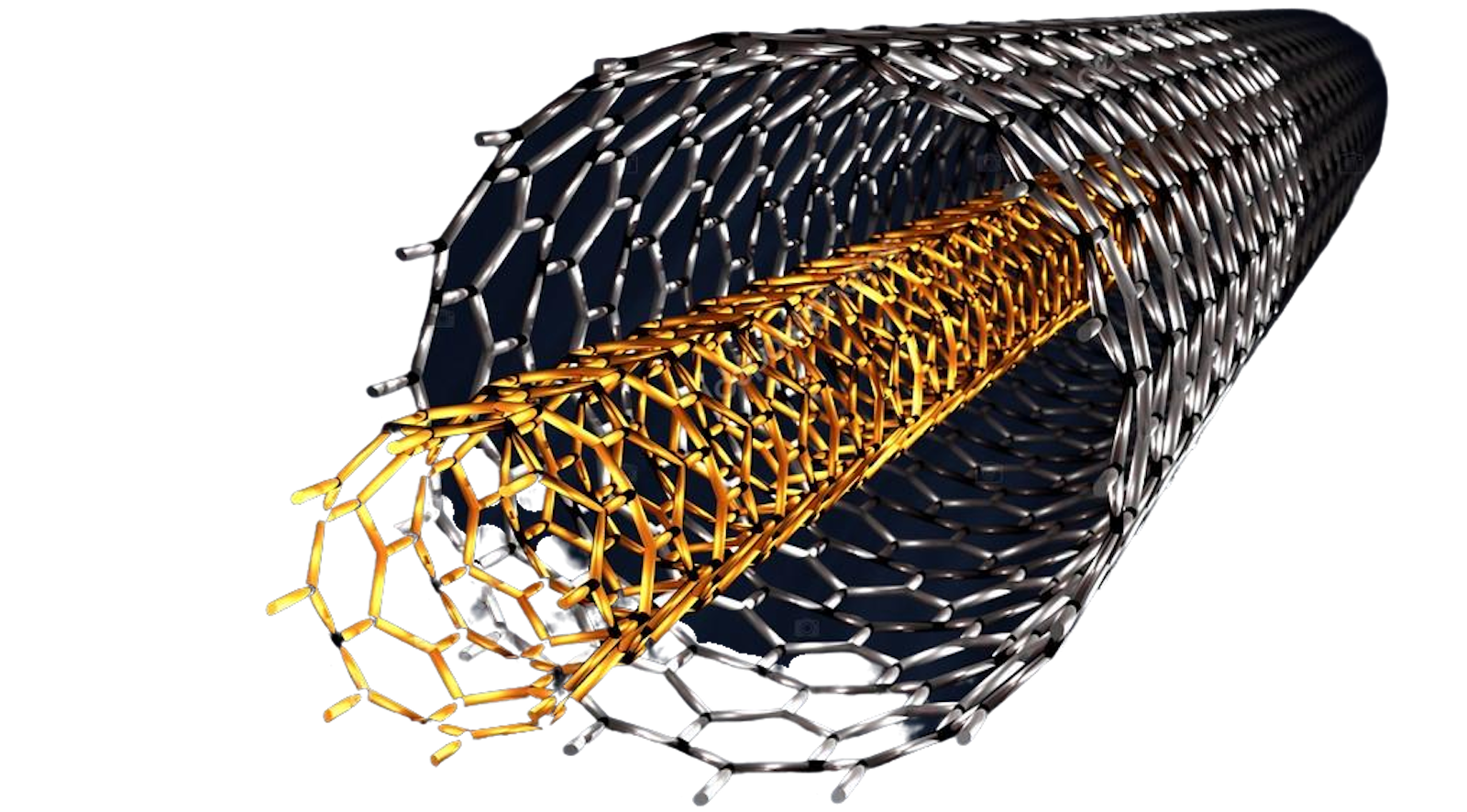“This breakthrough development translates into a remarkable improvement in cell-core energy density, reaching 2,000Wh/L in batteries and approximately 1,700Wh/L in full-size EV batteries – more than double the performance of current state-of-the-art technologies,”
“Sienza’s 3D pure silicon anode has demonstrated an average gravimetric capacity of 2,941 mAh/g,” Professor Gharib said. “This means that for every gram of silicon, our batteries can store 2,941 milliampere-hours of electricity, significantly higher than the industry standard for graphite, with a gravimetric capacity of 372 mAh/g.”
Aside from completely avoiding the cobalt issue, Sienza notes that its manufacturing process does not rely on the solvent-based coating systems deployed for producing conventional lithium-ion batteries. Sienza cites one commonly used solvent in particular, N-methyl-pyrrolidone (NMP).



I find this info interesting, especially the fact that incandescent bulbs do not replicate sunlight. At the same time, I was also trying to keep things simple as just a minute counter point. But I guess I was wrong anyway, and that led bulbs are better in every way than incandescent bulbs then.